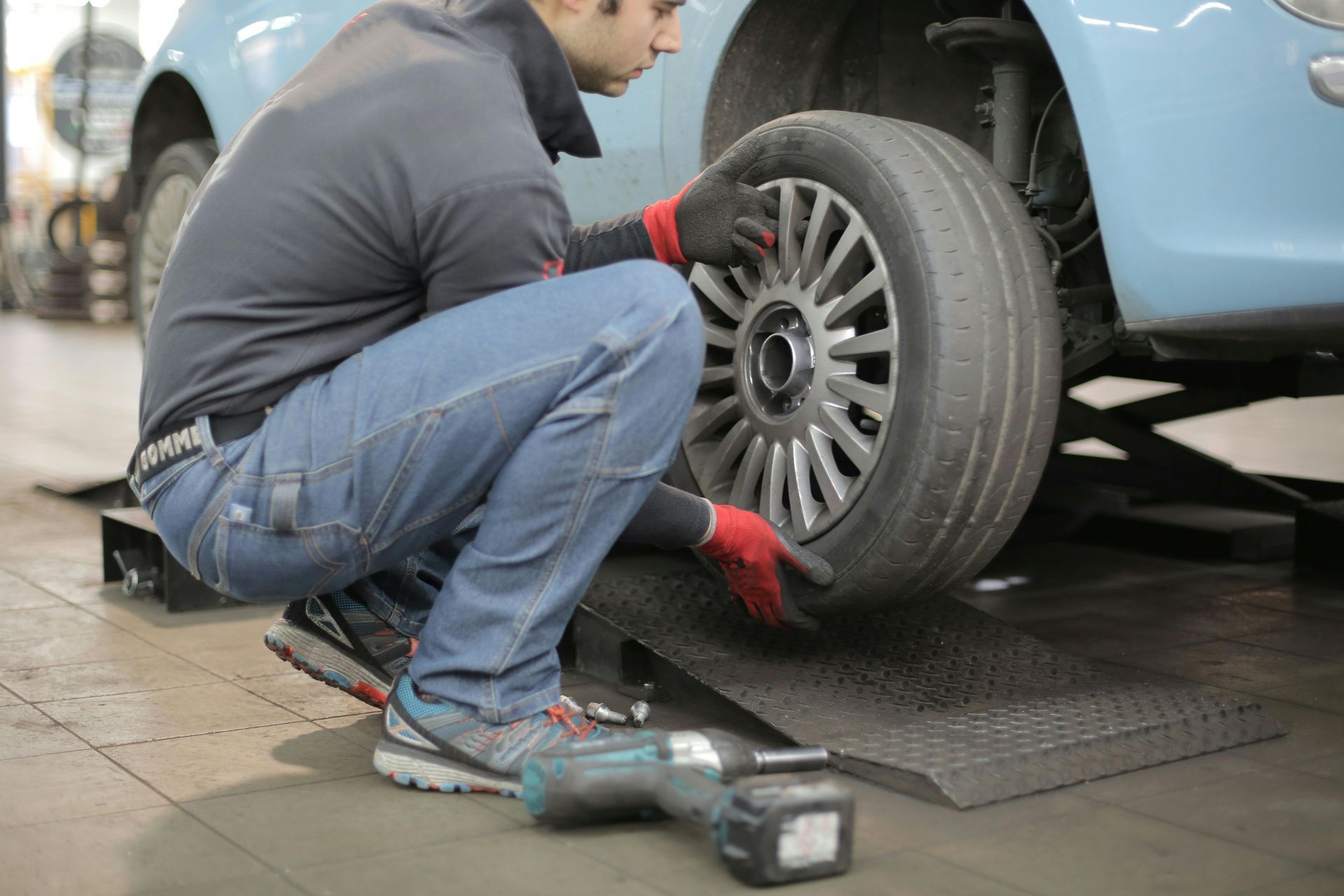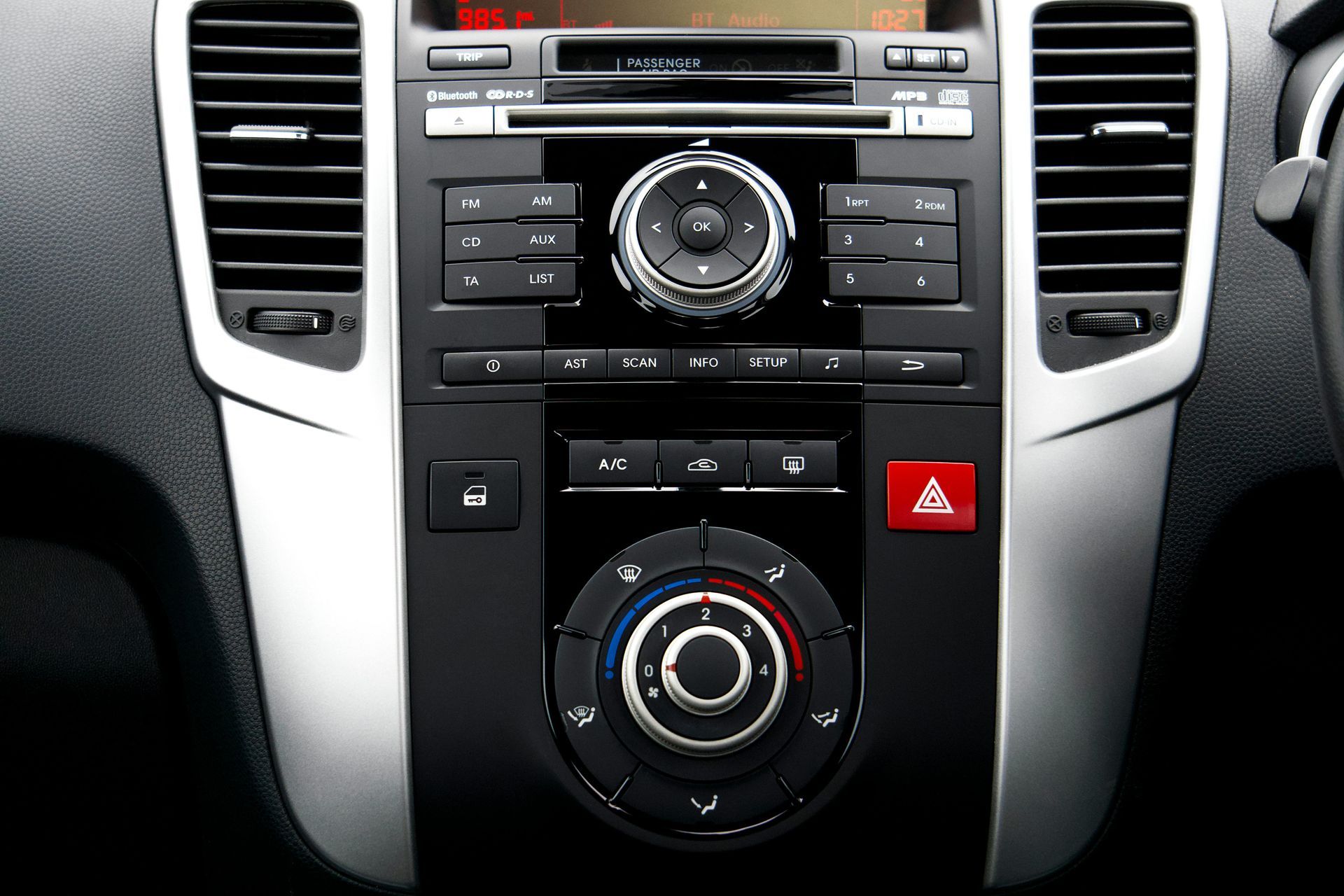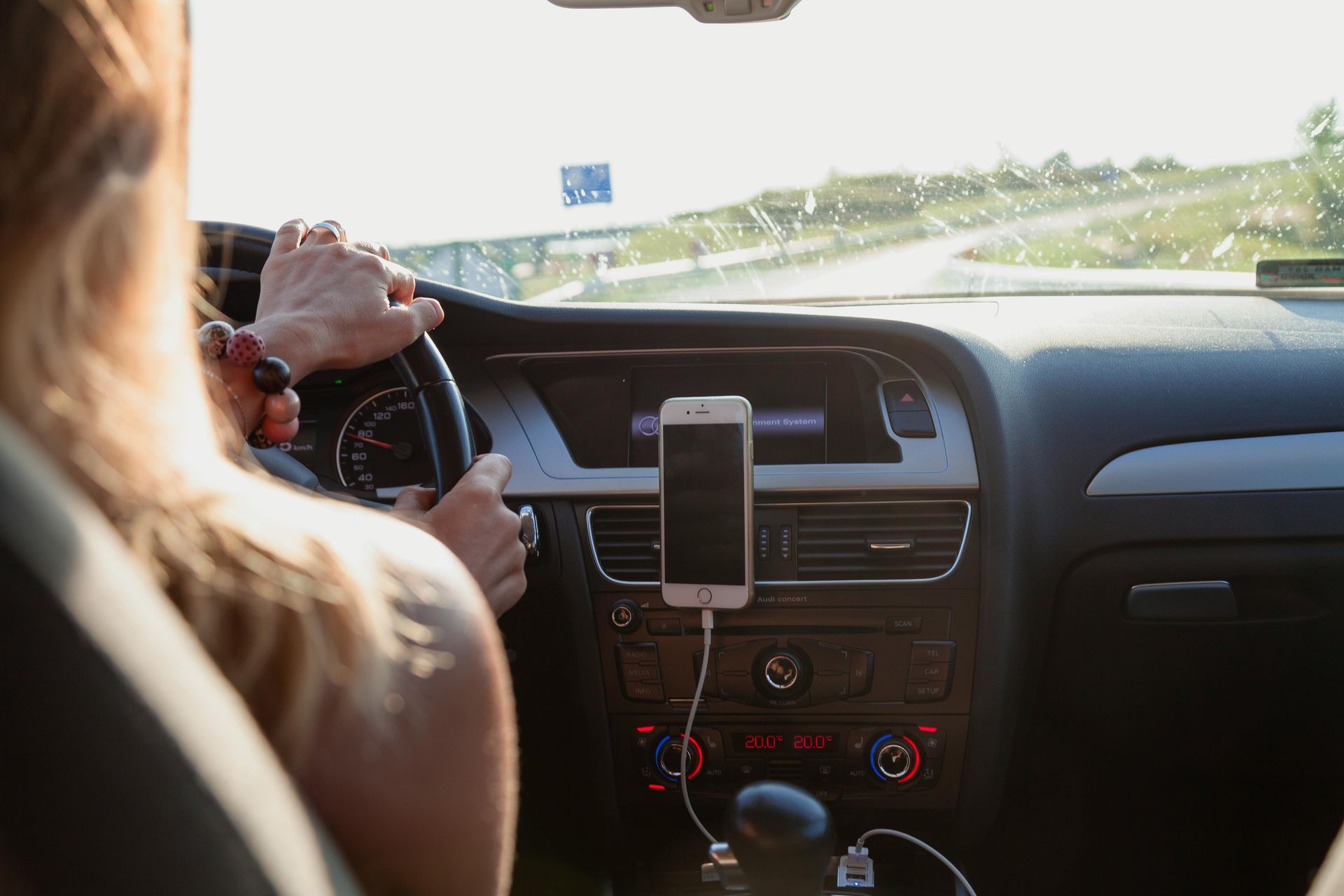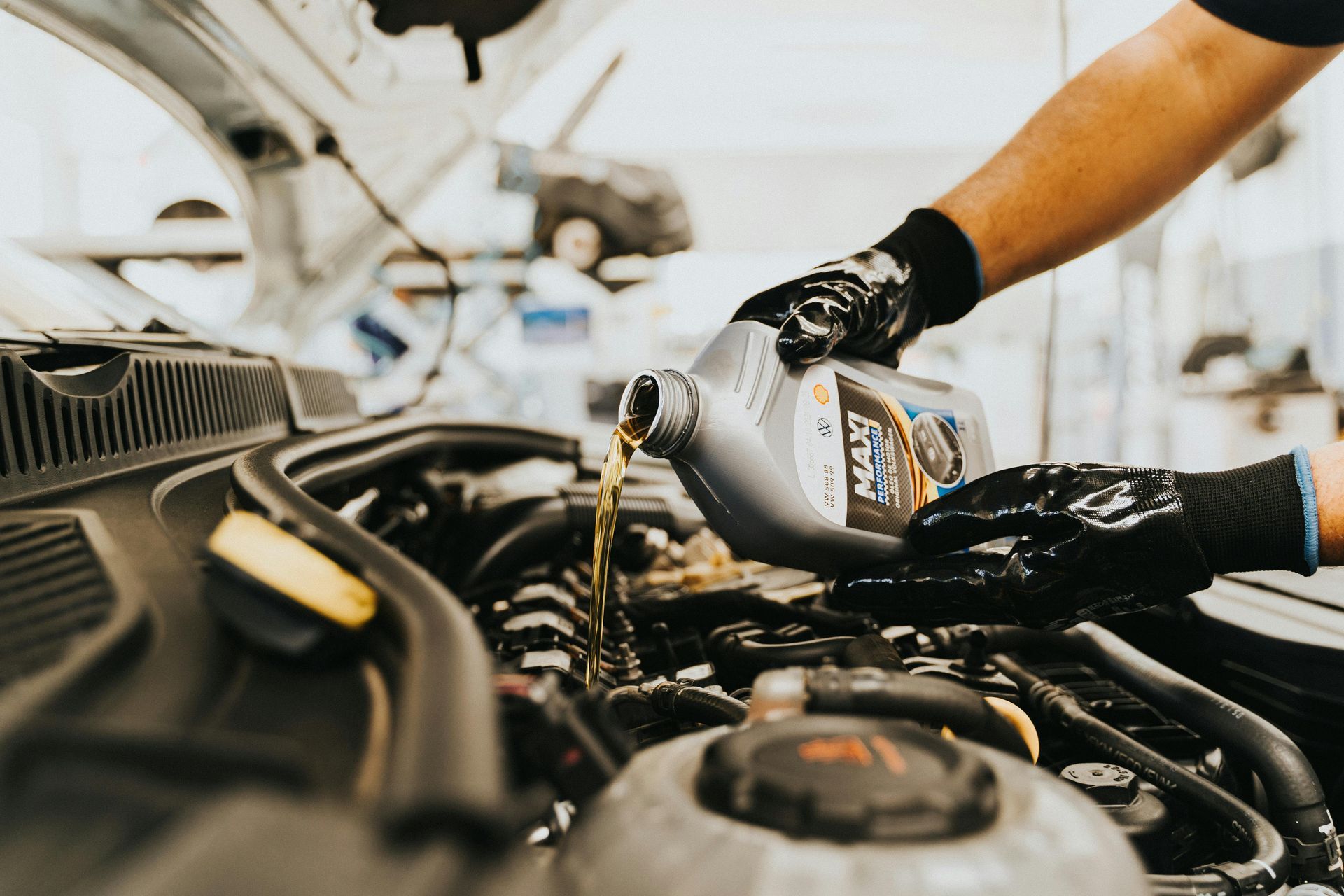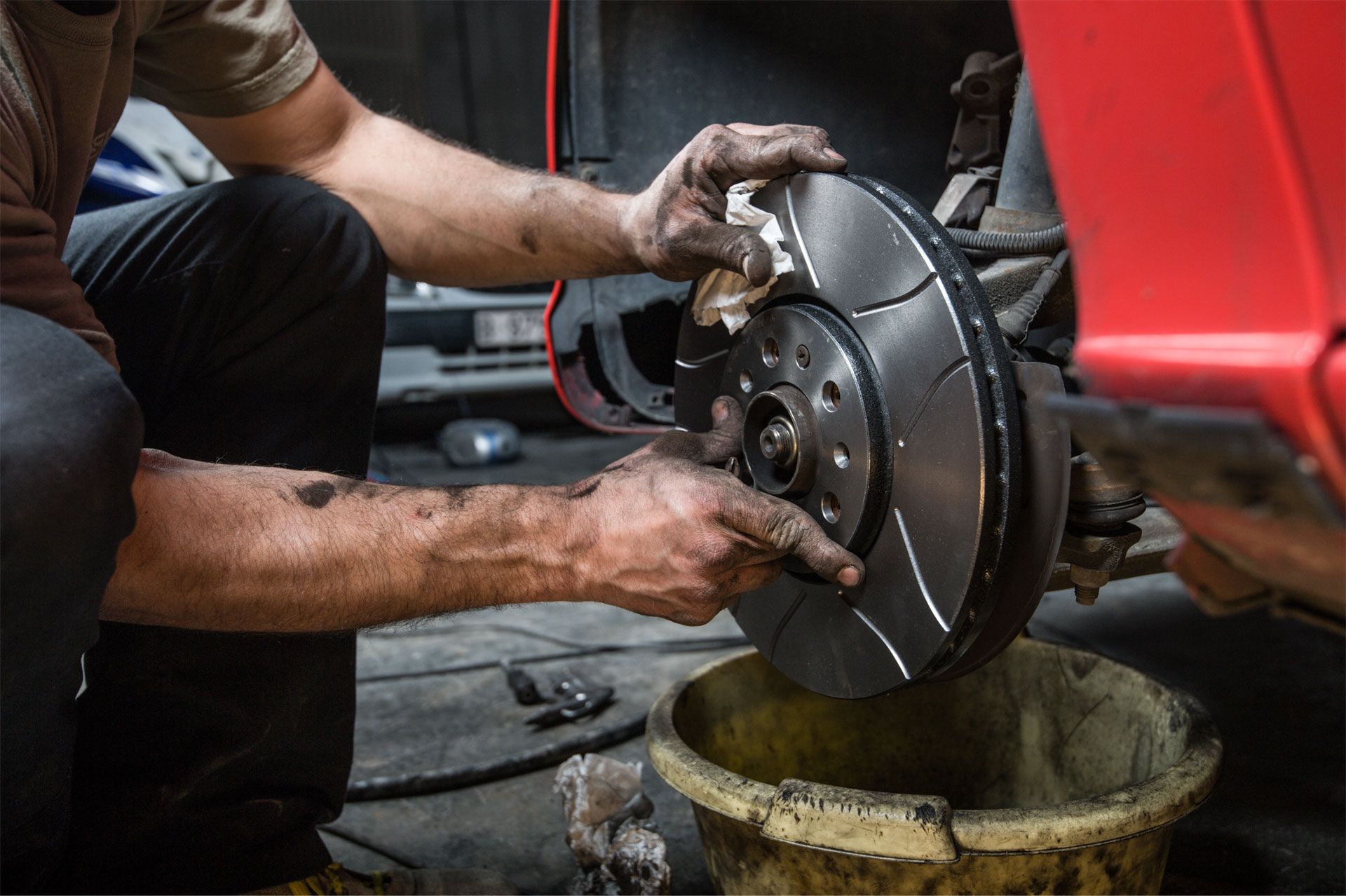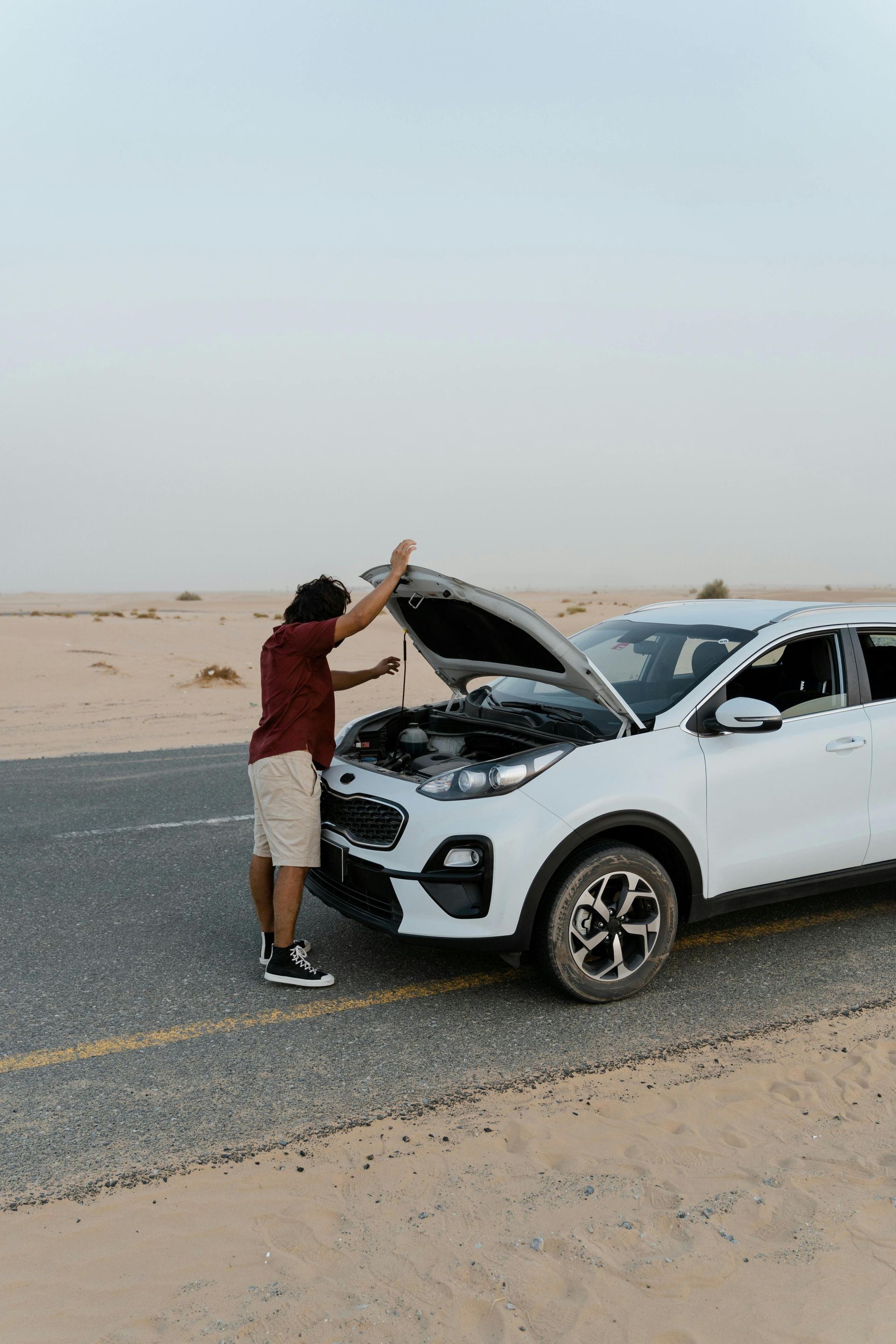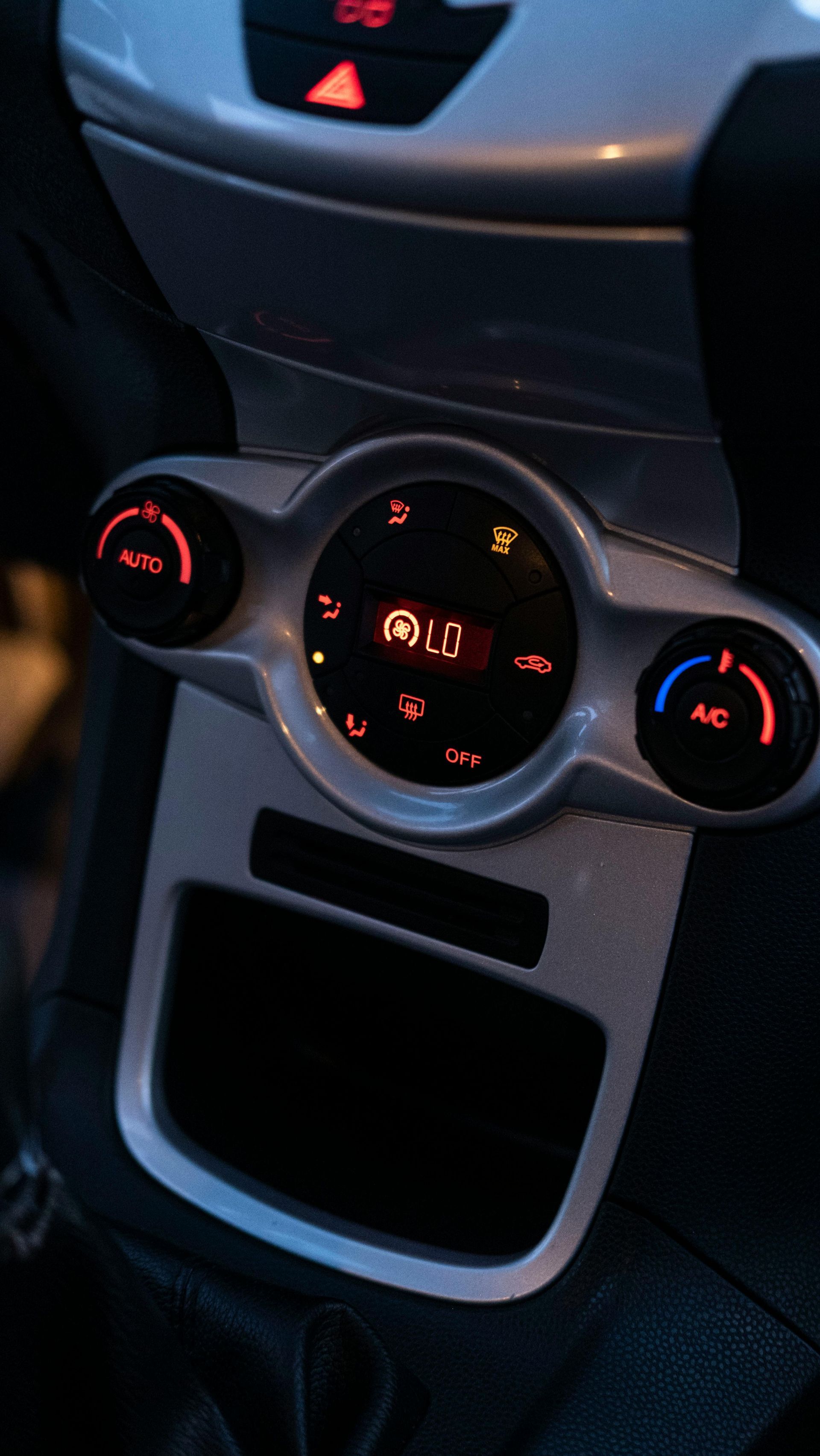Fall Battery Maintenance: How California Drivers Can Avoid Roadside Breakdowns
Picture this: you're running late for work on a crisp October morning in Auburn, you turn the key, and nothing happens. Your car won't start, and you're stranded in your driveway – or worse, in a parking lot at the Galleria or along Highway 80. Fall battery failures are incredibly common in California, and they always seem to happen at the worst possible moment. The good news? Most battery problems give you warning signs if you know what to look for.
Why Fall Is Prime Time for Battery Failures
Many Auburn drivers think winter kills car batteries, but the truth is more complicated. California's brutal summer heat actually damages batteries throughout the summer months, and fall's temperature changes deliver the final blow. After enduring months of 100-degree temperatures, batteries start failing as soon as temperatures begin fluctuating.
Fall weather in Auburn brings dramatic temperature swings – hot afternoons followed by cool mornings. These changes put stress on already weakened batteries. The battery that started your car reliably in 90-degree August weather might fail completely when temperatures drop to 50 degrees on a November morning.
Additionally, fall means you're using more electrical accessories. Headlights stay on longer, defrosters get their first workout, and heating systems start running. All these demands strain a battery that's already been weakened by summer heat.
Recognize the Warning Signs Early
Your battery will usually give you hints that it's struggling before it dies completely. Learning to recognize these warning signs can save you from getting stranded on Auburn-Folsom Road or in the Target parking lot.
Slow engine cranking is the most obvious sign of battery trouble. If your engine turns over more slowly than usual, especially on cool mornings, your battery is losing capacity. Don't ignore this – it only gets worse.
Dim headlights or interior lights indicate your battery isn't providing full power. This becomes more noticeable as fall days get shorter and you use lights more frequently. Dashboard lights that seem dimmer than usual are another red flag.
Electrical problems like windows that roll up slowly, weak air conditioning, or radio that cuts out can all indicate battery issues. Modern cars rely heavily on electrical systems, and a weak battery affects everything.
Check engine lights sometimes appear when the battery can't provide consistent power to the car's computer systems. While this light can indicate many problems, don't rule out battery issues if other warning signs are present.
Age Matters More Than You Think
Car batteries typically last three to five years, but California's extreme temperatures can shorten that lifespan significantly. If your battery is more than three years old and you've never had it tested, fall is the perfect time to check its condition.
Auburn's hot summers are particularly hard on batteries. The heat causes internal components to break down faster, and the frequent temperature cycling between hot days and cooler nights accelerates wear. Many batteries that survive three summers in Auburn are living on borrowed time by fall.
Don't wait until your battery is completely dead to replace it. A battery operating at 50% capacity might start your car on warm days but fail completely when temperatures drop or electrical demands increase.
Simple Visual Inspection Tips
You don't need special tools to spot some battery problems. Pop your hood and take a look at your battery – what you see can tell you a lot about its condition.
Corrosion around terminals appears as white, blue, or green buildup around the battery posts. This corrosion interferes with electrical connections and can cause starting problems. Clean terminals improve battery performance and extend battery life.
Swelling or bloating of the battery case indicates internal damage, usually from heat exposure. Auburn's summer temperatures can cause this type of damage. A swollen battery needs immediate replacement – it could leak or fail without warning.
Cracked cases or visible damage mean the battery should be replaced immediately. Even small cracks can allow acid to leak out and air to get in, both of which will cause rapid failure.
Loose connections at the battery terminals can cause intermittent electrical problems. Make sure connections are tight and clean for optimal performance.
Test Before You Need It
Professional battery testing is inexpensive and takes just a few minutes, but it can save you from getting stranded. Most auto parts stores offer free battery testing, but having it done at a full-service shop means you'll also get expert advice about your specific situation.
Battery testing is especially important before fall weather arrives in Auburn. Once temperatures start dropping and you're using more electrical accessories, a marginal battery will quickly become a failed battery.
Don't assume a battery that starts your car is healthy. Batteries can pass basic starting tests while still being too weak to handle additional electrical loads or temperature changes.
Maintenance Tips for Longer Battery Life
A few simple maintenance steps can extend your battery's life and reduce the chances of fall failures around Auburn.
Keep terminals clean by checking them monthly and cleaning off any corrosion with baking soda and water. Clean connections ensure maximum power transfer and reduce stress on the battery.
Check the hold-down bracket to make sure your battery doesn't move around while driving. Auburn's winding foothill roads can cause loose batteries to vibrate, which damages internal components.
Avoid leaving lights on or accessories running when the engine is off. This drains the battery and forces it to work harder when you restart the car. Modern cars have many electronic systems that draw power even when parked, making battery health even more critical.
Consider Your Driving Patterns
Short trips around Auburn don't give your alternator enough time to fully recharge the battery. If most of your driving consists of trips to Raley's, the post office, or school pickup, your battery might not be getting fully charged regularly.
Highway driving to Sacramento or mountain trips to Grass Valley give your charging system time to properly recharge the battery. If you mostly make short local trips, consider taking longer drives occasionally or having your battery tested more frequently.
Don't Get Caught Off Guard
Fall in Auburn brings beautiful weather, but it also brings the first battery failures after summer heat damage. Whether you're commuting to work, dropping kids at school, or heading out for weekend adventures in Gold Country, a dead battery can ruin your plans.
The most frustrating part about battery failures is that they're completely preventable with simple testing and maintenance. Spending a few minutes checking your battery now can save you hours of hassle later.
Plan Ahead for Auburn's Weather
Fall weather in Auburn can change quickly. Morning fog, afternoon heat, and cool evenings all put different demands on your electrical system. A strong, healthy battery handles these changes without problems, while a weak battery might leave you stranded when conditions change.
Don't wait until the first cold snap to discover your battery won't start your car. By then, you'll be competing with everyone else who ignored the warning signs, and you might wait days or weeks for a replacement.
Professional Battery Service in Auburn
At Autovantage Service Center, we know exactly how California's climate affects car batteries. Our ASE-certified technicians can quickly test your battery's condition, clean terminals, and recommend the best replacement options for Auburn's driving conditions.
We stock quality batteries designed to handle California's temperature extremes, and we can install your new battery quickly so you're not left without transportation. Don't risk getting stranded this fall – call us at (530) 450-2423 or schedule online to have your battery tested before problems start.
Your mornings are busy enough without dealing with a dead battery. Let us help you stay on the road this fall and winter.
